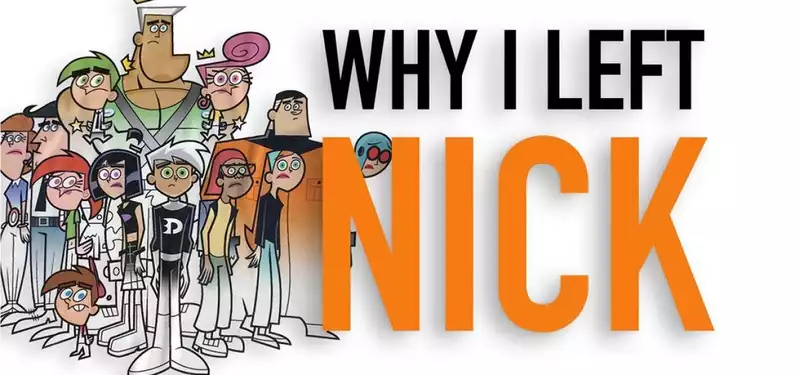Feb 9, 2018
Butch Hartman's video on Nick's departure shows how creators can control their brands.
Butch Hartman, 53, the most prolific creator of Nickelodeon's animated series, announced on Youtube that he is leaving Nickelodeon this week after 20 years with the company.
The video of his announcement, posted below, has been trending on Youtube for the past day and has garnered over 450,000 views in less than 24 hours:
Hartman, like 99% of the creators working at the network, has produced for years on Nickelodeon He does not own the shows or characters; all of his work, including Fairly Oddparents, Danny Phantom, T.U.F.F. Puppy, and Bunsen Is a Beast, are owned by Nickelodeon's parent company, Viacom.
However, there is one thing Nickelodeon does not own, and that is Hartman himself. Over the past few years, Hartman has used Nick's visibility as a television producer to establish his own online presence, becoming his own brand in the process, garnering nearly half a million followers on Youtube and hundreds of thousands more on Twitter, Instagram, and Facebook As of July 2016, his Youtube channel had less than 5k subscribers.
Hartman's method of communicating and engaging with his fan base is helpful for creators of all kinds. He uses his channel to establish a direct personal connection with his fans and is unabashedly himself, subtly incorporating biblical verses and motivational advice in his videos.
He also gives followers the opportunity to participate (or the illusion of participation) in his decision-making process. In his latest video, when he is discussing his new project, Elf Detective, which he is developing, he asks his viewers, " Can you guys tell me if I should just self-release this and put it here to share with you all, or should I sell it to a company?"
Most importantly, the direct connection he has established with his fans allows him to control his narrative and ensures that his side is at the forefront of the discussion. For example, he explains in the video that his decision to end his latest series, Bunshun is a Beast, after just one season was a personal choice. As he says, "But, like I said, I figured it was time to move on. But like I said, I thought it was time to move on."
[14In Hartman's transformation into a public figure, he has a clear advantage over other artists. He is clearly more accustomed to being in front of the camera than the typical animation artist who prefers to lurk behind the scenes and let his art speak for itself.
But whether or not someone chooses to become a public figure, the important thing for artists here is not to let corporations define your brand. They may own your ideas, but they do not own you. Even someone like Hartman, who has achieved insane success with one company, understands that working for an animation studio is not a lifelong commitment. Hartman's online presence over time has ensured that his post-Nickelodeon projects have been recognized.




Post your comment